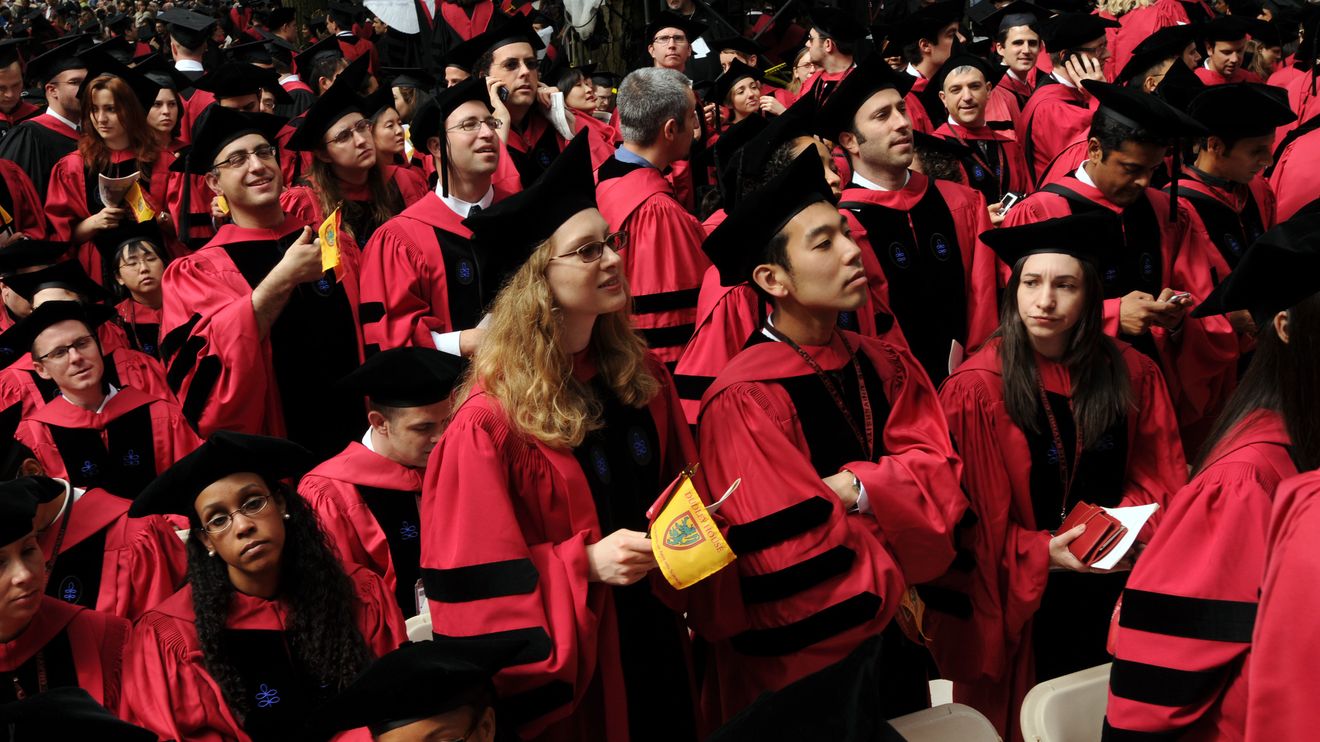As the Supreme Court prepares to hear arguments on Monday related to two affirmative-action cases involving university admission decisions, it appears a majority of Americans are saying they don’t support the idea of using race and ethnicity as a basis for gaining entrance into schools.
A Washington Post/Schar School Poll, conducted in October, found that 63% of 1,238 adults surveyed said they would support a Supreme Court decision banning colleges and universities from considering a student’s race and ethnicity as a factor in admission.
On a related note, a Pew Research Center poll of 10,441 people from earlier this year found that only 7% of Americans said race or ethnicity should be a major factor in considering college admissions. By contrast, 61% of Americans said that high-school grades should be a major factor and 39% said standardized test scores should be a major factor. The Pew poll did note, however, that Black, Hispanic and Asian poll respondents were more likely to say race and ethnicity should be a major factor than white respondents.
The Supreme Court cases involve Harvard College and the University of North Carolina. As a recent Wall Street Journal story noted, both schools “say having a diverse student body is central to their educational mission, and that narrow consideration of race is necessary to achieving it.”
The schools are being challenged by Students for Fair Admissions, a group whose creator, Edward Blum, argues that “the pursuit of diversity doesn’t justify taking applicants’ race into account and that doing so goes against constitutional guarantees of equal protection under the law,” according to The Wall Street Journal.
In analyzing the polling trends, the FiveThirtyEight website noted that this may be an instance where, if the conservative-leaning Supreme Court rules in favor of ending affirmative-action policies connected to school admissions, it would be reflecting current public sentiment. That’s in contrast to the court’s recent ruling to overturn Roe v. Wade, a decision that wasn’t supported by a majority of Americans, according to polling.
“Americans mostly did not want the Supreme Court to…end the constitutional right to abortion,” FiveThirtyEight said. “But a ruling limiting or ending affirmative action in higher education…is less likely to draw public outrage. That’s because affirmative action is unpopular, even though Americans do want there to be diversity in higher education.”
